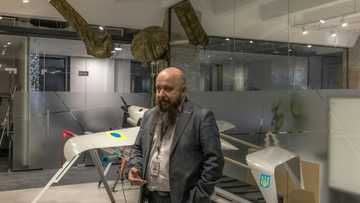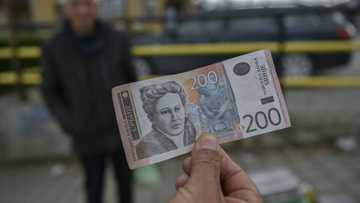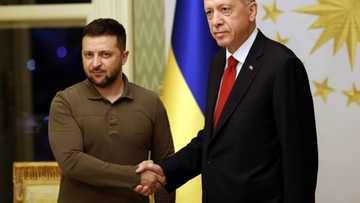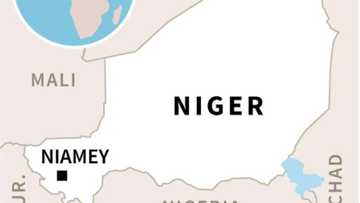Turkey, Iran, Morocco joust for greater role in Sahel
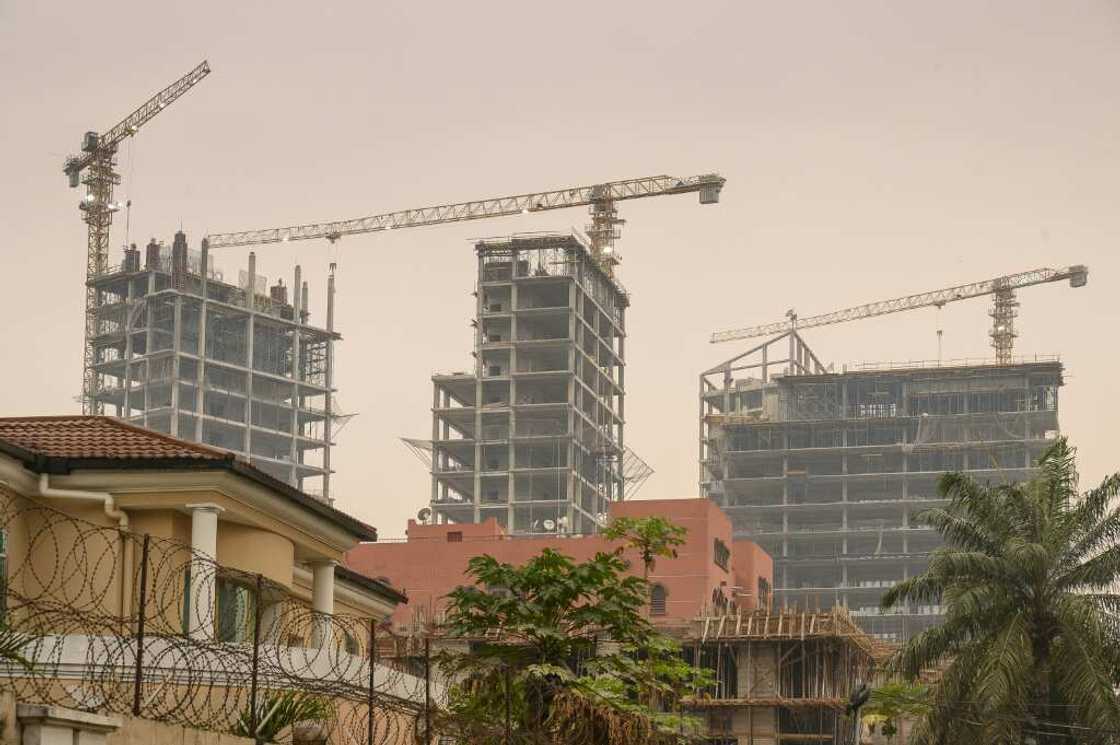
Source: AFP
Turkey, Iran and Morocco are vying for a greater economic and military role in Africa's Sahel after former colonial ruler France's forced withdrawal from the volatile region.
Turkish military equipment and Moroccan and Iranian development and infrastructure projects are tempting for cash-strapped Sahelian military regimes grappling with jihadist violence.
Mali, Burkina Faso and Niger have undergone coups since 2020, against a backdrop of a bloody jihadist insurgency.
Their military rulers have since exited a wider Western African bloc and created a joint defence pact to fight the jihadists.
Under-equipped Sahelian armies want "to develop endogenous capabilities to reduce our dependence", Burkina Faso's Foreign Minister Karamoko Jean Marie Traore said.
French troops, which had been deployed across the Sahel for more than a decade, were reluctant to deliver military equipment to armies accused of perpetrating abuses against civilians.
PAY ATTENTION: Сheck out news that is picked exactly for YOU ➡️ find the “Recommended for you” block on the home page and enjoy!
France was forced to withdraw troops from Mali in 2022 and from Niger and Burkina last year after coups saw relations nosedive and ushered in growing Russian military involvement.
Ankara meanwhile is selling heavy combat drones and developing a trans-Saharan corridor from the Gulf of Guinea to Algeria.
Scramble for influence
"A Burkinabe entrepreneur who works on strengthening Burkina-Turkey ties mentioned that 'the Turkish government accompanies investors (during trade visits), but also offers tax exemptions once you invest in Africa’", according to a study by the Netherlands Institute of International Relations.
"By presenting itself as a reliable partner, Turkey aims to increase the country’s visibility and prestige abroad, and ultimately, its influence in countries with shared history, culture and religion," it added.
While Moscow is establishing itself as the main ally of the military regimes in the Sahel, Turkey is adopting an "opportunistic" policy that "tries to position itself as an alternative to the Europeans and Russia", said political scientist Frederico Donelli, who has written a book on Turkish influence in Africa.
Turkey faces competition in the Sahel from Morocco's economic development and more recently Iranian urban planning projects.
Morocco said in September it was ready to make "its road, port and rail infrastructure" available to landlocked Mali, Burkina Faso, Niger and Chad.
Morocco's King Mohammed VI in November called for helping Sahel countries access the Atlantic, noting this "hinges on upgrading infrastructure in the Sahel countries and seeking to connect them to transport and communication networks existing in the region."
Niger has had "excellent relations with Morocco since independence" and especially in terms of economic development, a Niger government source said.
Iran meanwhile has signed several cooperation agreements with Burkina Faso in energy, urban planning, higher education, and construction.
In late January, Tehran announced the creation of two universities in Mali and inked various cooperation agreements.
'Revolutionary language'
And late last year, Iran signed several cooperation pacts with Burkina Faso in the fields of energy, urban planning, construction and higher education.
Iran's African policy is characterised by "revolutionary language (and) a Third World and anti-imperialist logic" which appeals to former colonies, said economist Thierry Coville, an Iran specialist for French think tank IRIS.
Iranian President Ebrahim Raisi who visited the continent last year, "praised the resistance of African countries against colonisation as a symbol of their awakening and vigilance".
However "the Iranians sign dozens of agreements and none of them work," warned Coville, "They don't have the necessary funding to support these agreements, nor to compete seriously with Turkey."
Having increased enriched uranium production to 60 percent, according to the International Atomic Energy Agency, Iran could eventually covet Niger's huge uranium reserves -- thus far exploited by the French company Orano.
"It is our resource, we can sell it to whoever we want," said a Niger government source.
PAY ATTENTION: Donate to Legit Charity on Patreon. Your support matters!
Source: AFP


